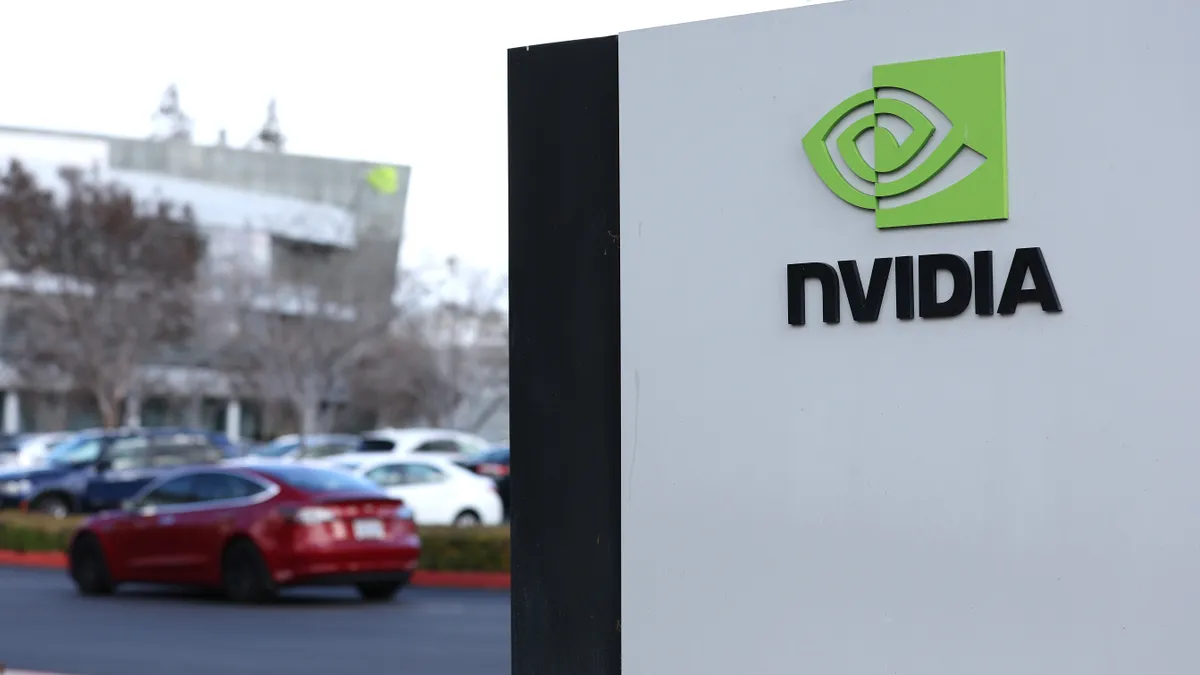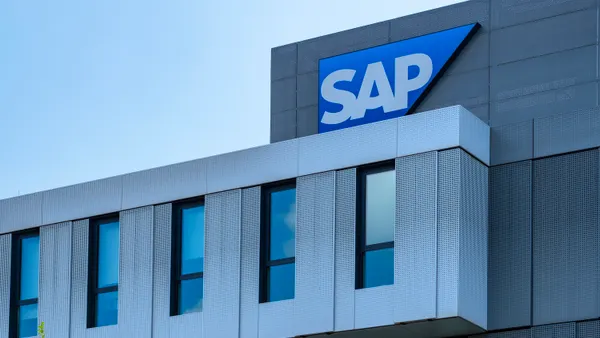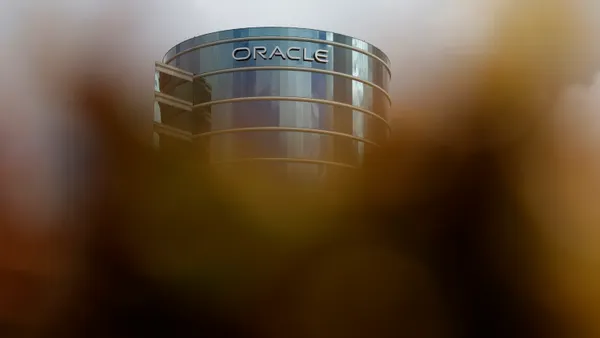Dive Brief:
- Nvidia is doing its best to satisfy demand for its GPU hardware as the AI data center revolution gains momentum, President and CEO Jensen Huang said Wednesday, during the chipmaker’s Q4 2024 earnings call.
- “We expect the demand will continue to be stronger than our supply provides through the year and we'll do our best,” Huang said.
- The company had a record quarter, EVP and CFO Colette Kress said, reporting revenue of $22.1 billion, up 22% over the previous quarter and 265% year over year, for the three-month period ending Jan. 28.
Dive Insight:
Nvidia GPUs have quickly become a linchpin of AI adoption and a bellwether for the technology’s rapid progress.
The company’s full-year revenue more than doubled from the prior year, surpassing $60 billion, as enterprises moved quickly through the research and development phase to provisional deployment — and training gave way to inference workloads.
Inferencing is the process of feeding a trained model data to produce insights or solve a specified task.
“The amount of inference that we do is just off the charts now,” Huang said. “Almost every single time you interact with ChatGPT, you know that we're inferencing.”
Roughly 40% of Nvidia’s data center revenue was tied to AI inference last year, according to Kress.
The company now sees a broader shift on the horizon that will transform the data center core.
“The world has reached the tipping point of a new computing era,” Kress said. “Companies have started to build the next generation of modern data centers — what we refer to as AI factories — purpose-built to refine raw data and produce valuable intelligence.”
Huang pointed to recent decisions by AWS, Microsoft and Google Cloud to extend the useful life of their cloud servers and networking equipment as evidence of the upheaval.
“General-purpose computing, as you know, is starting to run out of steam,” he said. “There's just no reason to update with more CPUs when you can't fundamentally and dramatically enhance its throughput like you used to.”
Nvidia launched optimizations for Google’s newly released Gemma family of lightweight models Wednesday. The two companies developed architecture to accelerate the model’s performance running in Nvidia data centers, in cloud and on GPU-enhanced PCs, the announcement said.
Initial stock of Nvidia’s H200 processors are set to ship later this year, Kress confirmed, but the company expects supply won’t satisfy demand for the new chips.
“With all of the new products, demand is greater than supply,” Huang said. “That's just kind of the nature of new products. But overall, our supply is increasing very nicely.”














